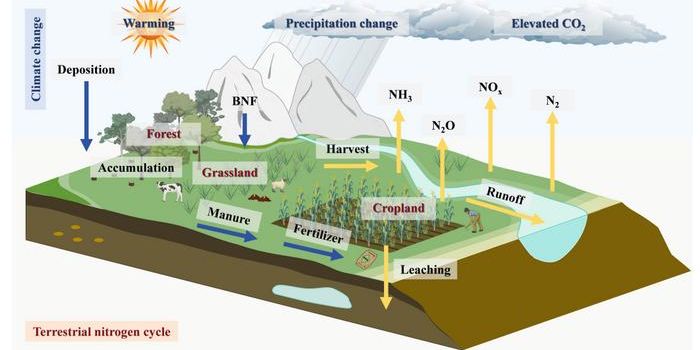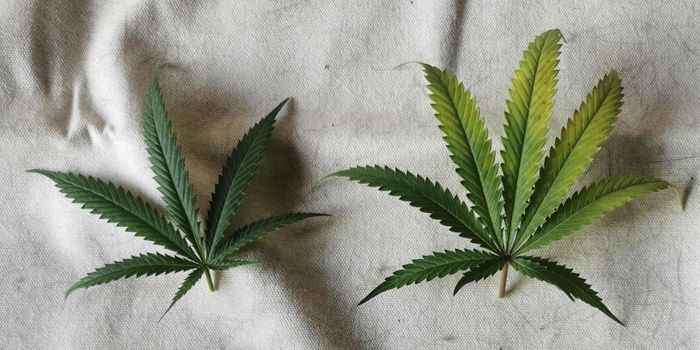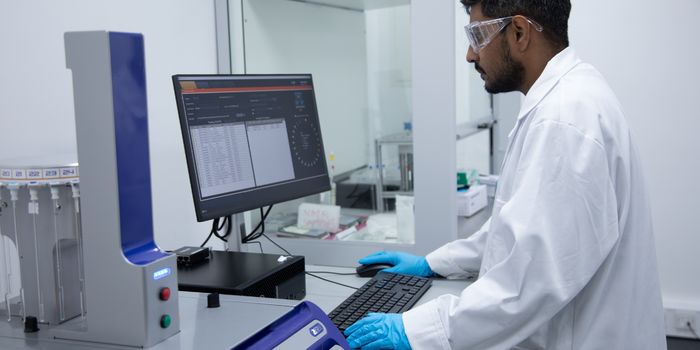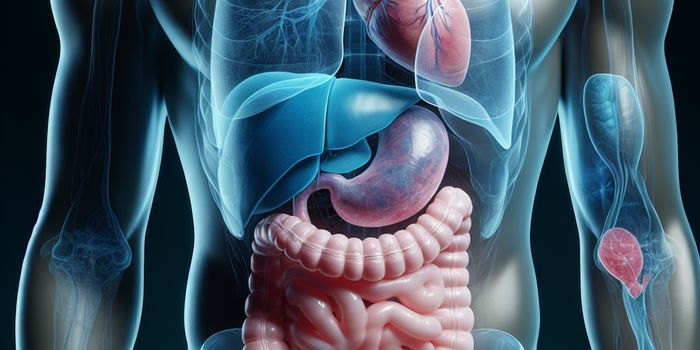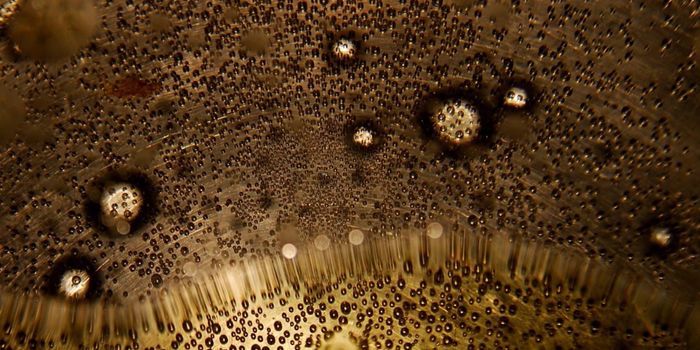Happy World Kidney Day! Now go drink some water!
Eating a healthy and balanced food is important in order to lead good life. Apart from promoting overall health, eating a balanced diet will help in keeping your kidneys healthy.

Most importantly, people who are on dialysis or have chronic kidney disease (CKD) are recommended to take foods that contain antioxidants and other health-supporting properties, included in the kidney diet.
Below is a list of top five kidney-friendly super foods, which are not only good for people with kidney disease, but are good for everyone.
Cabbage: Cabbage is an ideal diet for people with kidney disease because it is low in potassium. It is a cruciferous vegetable packed with phytochemicals (chemical compounds found in certain fruits and vegetables that break up free radicals). Many phytochemicals are believed to combat cancer and support cardiovascular health.
Cabbage is also rich in vitamin K , vitamin C, vitamin B6, folic acid and fiber.
Red bell peppers: Low in potassium, red bell peppers are high in flavor. They are also an excellent source of vitamin C, vitamin A and vitamin B6, folic acid and fiber. These vegetables also contain lycopene, an antioxidant that protects against certain cancers.
Cauliflower: An excellent source of vitamin C, this cruciferous vegetable is rich in folate and fiber. It is packed with compounds that help the liver neutralize toxic substances.
Garlic: Considered as the natural 'wonder drug', garlic has various health benefits from beauty uses to help with home repairs. Garlic has proven anti-inflammatory properties. It is also good for lowering cholesterol.
Onions: Often used as flavor in cooked dishes, onions are low in potassium, but rich in chromium - a mineral that helps your body with carbohydrate, fat and protein metabolism. Onion are filled with flavanoids, especially quercetin. Quercetin is a powerful antioxidant and is believed to help reduce heart disease and protects against many cancers.
By Salome Phelamei


